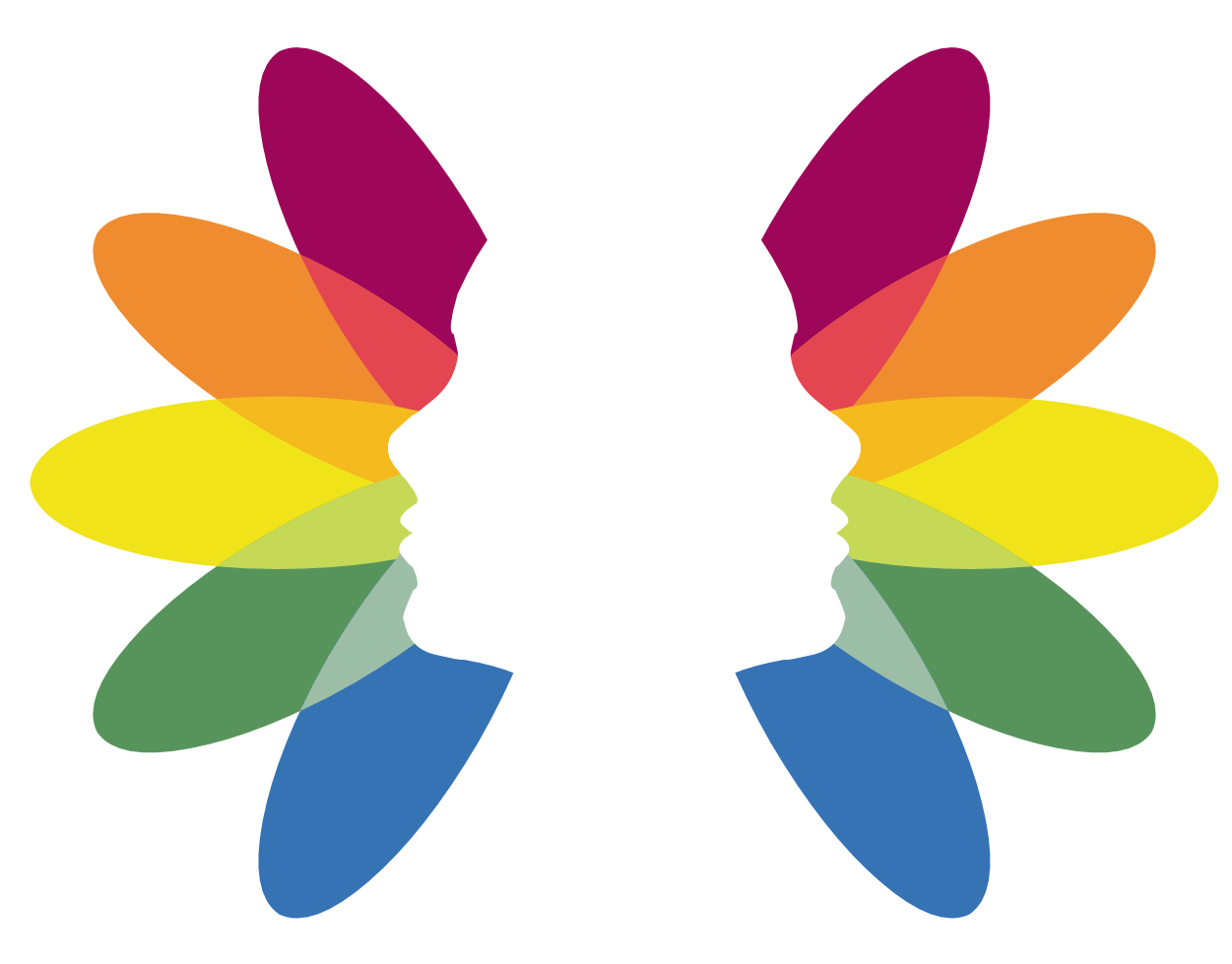Lobsters are fantastic - especially with a knob of garlic & herb butter, or in a thermidor....but there's something else they're fabulous at: changing in the face of pressure and adversity.....
Lobsters have an exoskeleton. So, as they grow and develop,, by definition they have to feel extreme pressure and discomfort before they moult, experience around two days of serious vulnerability and uncertainty whilst their new skeleton hardens, and can finally move forward, stronger and better than ever.
It's the very same for us. Change requires feeling the pressure that something isn't right - that something has to give. These can be small incremental changes that sneak up on us in imperceptibly over years, or can be one big event. But our bodies and minds give us all the signals that our current structures aren't meeting our needs, and something has to give.
Often the first sign is something not feeling right - pressures mount, challenges seem insurmountable, we find ourselves limited, or forced into things we don't feel comfortable with - sometimes, it may feel like we're living somebody else's life. This can show in a number of different ways - depression, anxiety, a general feeling of dissatisfaction with out lot. Our initial reaction can often be to run from these feelings of discomfort, but we should be running towards these feelings to figure out what needs to change.
For lobsters, this is fairly intuitive - it's physical pressure: Hormones are automatically released to soften the shell. They roll on their sides and bend themselves in half to wriggle out, then let protein and water toughen up their new shell. Pretty darn uncomfortable, I reckon, but at least it’s predictable and inevitable.
But for us humans, it's not always so clear cut - what needs to change? Is it our work, our family, our home, our health, our relationships, the challenges we set ourselves or our environment? One thing we do know is that we need to lean into that discomfort to find the answers. Something that was explained beautifully by Dr. Abraham Twerski.
With our work in behaviour support, we may see this need in others through Behavioural Expressions of Need. But whether it's for ourselves, or those people we support, we can't ignore it (or to keep the zoological analogies going, put our heads in the sand like an Ostrich).
Instead of running from situations, we need to approach this discomfort (in ourselves, or in others) with openness, kindness, compassion and curiosity. And we need to be prepared for the period of vulnerability that will inevitably follow in the short-term. So embrace change, embrace the discomfort that comes with it, and only then then we can revel in our new, bigger, brighter world.

